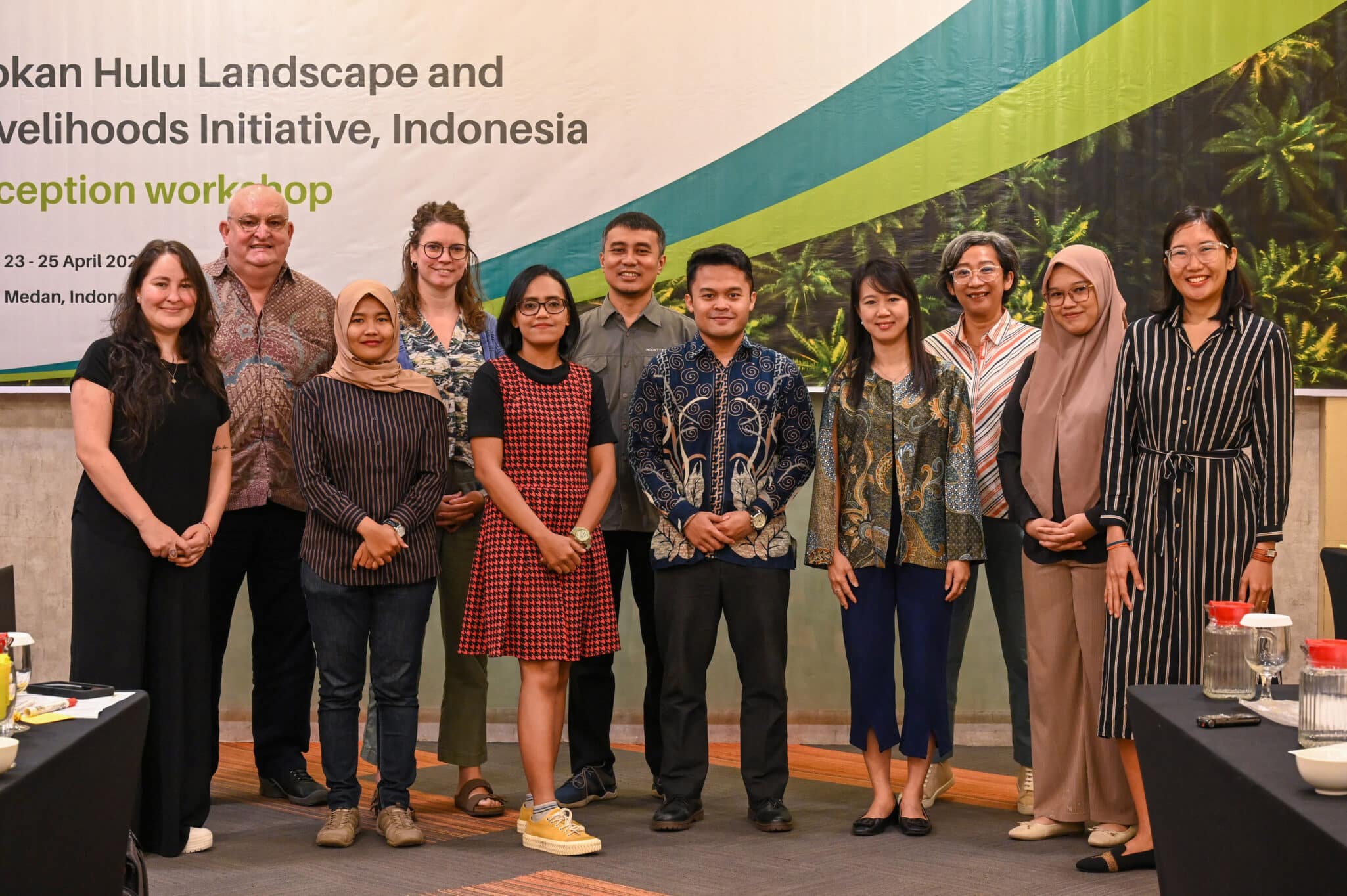Key Takeaways
- Rokan Hulu Landscape and Livelihoods Initiative is a five-year public-private partnership to promote sustainable palm oil production in Indonesia.
- Led by Musim Mas, Ferrero, Preferred by Nature, Agriterra, and SAN, and supported by Danida Green Business Partnerships.
- Aims to reach 5,400 smallholders, certify 2,500 under RSPO and ISPO standards, and create 2,000 diversified income opportunities.
- Focus areas include regenerative agriculture, biodiversity protection, and alignment with global sustainability frameworks such as the EU Deforestation Regulation (EUDR).
- Establishes a multi-stakeholder jurisdictional alliance to foster ecosystem restoration and resilience.
Rokan Hulu Landscape Initiative Aims to Strengthen Sustainable Palm Oil
The Rokan Hulu Landscape and Livelihoods Initiative has been launched to support sustainable, inclusive, and resilient palm oil production in Rokan Hulu, Indonesia. Backed by the Danida Green Business Partnerships (DGBP), the five-year initiative combines private sector expertise and NGO capabilities to support environmental and social improvements in palm oil supply chains.
Partners include agribusiness leader Musim Mas, global food company Ferrero, and NGOs Preferred by Nature, Agriterra, and the Sustainable Agriculture Network (SAN).
Supporting Smallholders Through the Rokan Hulu Landscape Initiative
The Rokan Hulu Landscape and Livelihoods Initiative will work with 5,400 independent smallholders to promote regenerative agriculture, reduce synthetic input use, and improve climate resilience.
Certification and Capacity Building
- 2,500 farmers will be supported in achieving certification under the Roundtable on Sustainable Palm Oil (RSPO) and Indonesia Sustainable Palm Oil (ISPO) schemes.
- The initiative will strengthen two farmer organisations and introduce cooperative business models.
- Preferred by Nature will lead project coordination, technical training, and implementation of sustainable practices.
Jakob Ryding, Senior Director of Projects at Preferred by Nature, remarked: “This project demonstrates how collaboration between businesses and NGOs can address systemic challenges, empower farmers, and protect vital ecosystems.”
Private Sector Partners and NGO Roles in the Rokan Hulu Initiative
Corporate Engagement from Musim Mas and Ferrero
Both Musim Mas and Ferrero aim to strengthen supply chain traceability and compliance through the initiative.
Olivier Tichit, Director of Communications and Sustainability at Musim Mas, said: “Empowering smallholders through training and support is key to building a resilient and sustainable palm oil supply chain.”
Nicola Somenzi, Head of Responsible Sourcing at Ferrero, added: “Our active participation in initiatives like this strengthens the foundation for a resilient and environmentally responsible supply chain.”
NGO and Technical Partner Contributions
- Stichting Agriterra will focus on organisational development and financial sustainability for farmer cooperatives.
- SAN and its local partners Kaleka and Setara Jambi will deliver regenerative agriculture and on-the-ground technical support.
Jose Joaquín Campos, Executive Director at SAN, stated: “This initiative demonstrates how sustainable farming can simultaneously revive ecosystems and enhance farmer livelihoods.”
Addressing Systemic Challenges in Palm Oil Supply Chains
The Rokan Hulu Landscape and Livelihoods Initiative directly targets persistent issues in Indonesia’s palm oil sector:
- Low productivity among independent smallholders
- Uneven access to training and market knowledge
- Environmental degradation and deforestation risk
- Land tenure and certification barriers
With smallholders managing over 40% of Indonesia’s palm oil cultivation, improving their access to resources and market readiness is central to sustainability outcomes.
Jurisdictional Alliance and Ecosystem Restoration in Rokan Hulu
A key innovation of the Rokan Hulu Landscape and Livelihoods Initiative is the creation of a multi-stakeholder jurisdictional alliance. This body will:
- Foster cooperation among corporate, civil society, and government stakeholders
- Promote ecosystem protection and biodiversity
- Align regional efforts with frameworks such as the EUDR
Marco Schouten, CEO of Agriterra, noted: “Strengthening farmer organisations is at the heart of what we do… enabling them to cooperate to achieve financial sustainability.”


